Discomfort would be a euphemism for what most have faced this year. Whether through the lens of health and economic problems from the pandemic or the necessary protests for deep systemic changes in society for fair treatment of Black people, we are forced to ask tough questions. These questions cut to the center and cause reevaluation on every level of personal and societal interactions. In the end, we become more focused on looking outward: How does the way I express myself, behave, and think affect others, and how can I contribute to a more compassionate and united society?
breaking implicit bias and Realizing Bigger struggles
I realized a while ago that I had thoughts incongruent to my core values when considering race in what is often called “implicit bias.” Negative thoughts immediately flashed in my mind based on physical appearance, sometimes tied to race, and it bothered me deeply. I decided to confront any fear or judgment and in the process gained great friends. For example, during the Society for American Music conference in New Orleans I stopped to talk with my temporary neighbors outside my AirBnb in a predominantly Black neighborhood, counting it equally valuable and memorable to the scholarly discourse at a luxurious venue in the French Quarter. I learned about how the tragic aftermath of Hurricane Katrina united NOLA citizens and the equally tragic segregation between Blacks and Whites as the city became stabilized. Aside from an unfair portrayal of Blacks in the media, some problems lie deep in structures that continue poverty cycles and keep race issues virtually silenced, such as the redlining that contributed to the racial divide. Policies and laws keep Blacks and other minorities from having an equal voice in the country founded in theory upon that very principle.
There are no easy, comfortable solutions, but it is more uncomfortable to push the moral dilemma away. Some things are out of my control, yet I have some moral obligations outlined in these questions: How can I, in my sphere of influence, do all I can to love my neighbor, especially who is different from me in any way such as race, as myself in the way I treat them, listen to them, pursue my profession, develop a worldview, use my available resources, and spend my time? Can I sacrifice some habits, word usages, to-do lists, and even a sense of urgency to listen, reassess, and reshape how I act in my life in reference to people of color? My religious beliefs give me this imperative as part of continual daily repentance, yet any valuable belief system would address the power in selflessness, love, and unity. We can do better and must do better, together.
The 2020 music classroom and the Elephant in the room
What does all this have to do with music teaching at the university? In terms of the pandemic, faculty and administration tackled the terror of universal online teaching last semester. Many universities are now pioneering hybrid models this fall to adapt to a high student demand for in-person teaching while maintaining physical distancing guidelines (not social distancing, we need each other more than ever!). After the virus passes (which it surely will in time), adaptable teaching models and the use of effective online media resources will likely become standard to the college experience. The in-person experience is too formative and meaningful for students and teachers to discard; however, the next generation of scholars will be much better equipped to streamline non-essential activities outside the classroom for a more focused and practical classroom experience. Lectures will continue to decline as teachers prove that interactive learning works better and can only be done in proximity to others. (Of course, we could also apply these lessons to music concerts: How will I focus my concert on an experience indisputably more meaningful than a virtual recording or livestream?)
We can adapt our classes for the pandemic, but what about the race issue? Where are we at, and what would a truly inclusive and unprejudiced music curriculum look like? Phil Ewell has recently become notorious among music theorists for addressing these concerns, starting with his conference presentation “Music Theory’s White Racial Frame” at the Society of Music Theory last year (check out a video of that presentation and his writings here). He speaks of how virtually every composer studied and even more so every music theorist regarded in the music classroom is white (and usually male). He applies scholarship on racial equity from a variety of perspectives. In one of his articles, he offers the intriguing ideas of great African-American composers as a starting point, such as Anthony Braxton and Wadada Leo Smith (along with women music theorists and people of color generally). Elsewhere, he addresses the problem with explicit racism and sexism present in most common-practice period music theorists’ and composers’ writings (already well-known examples are found in anti-semitism). He also argues against the idea of “masterpieces” as an imposition of authority above supposedly lesser traditions and therefore races. Ewell also criticizes music theory for ignoring biography and aesthetics in analysis (some would call this the divide between music theory and musicology, so this is a bigger fish than can be fried here). Though he offers a few solutions, his questions cut near to the heartstrings of the university education.
What is the Shared Core of an Undergraduate Music Education?
It is much easier to ask the questions than to solve them. Ewell’s ideas require a foundational overhaul of most curriculi in the United States (and likely anywhere else that teaches music based on orchestral instruments, especially Europe). In essence, he questions what a music education should be in the first place. So we must ask ourselves: What is the role and goal of an undergraduate music “core” education? What should a music performer know upon graduation? Should they not be prepared to audition for a professional orchestra for a salary job? What repertoire is valuable to them to achieve their career goals? What of composers? Are we preparing composers to be on top of the latest musical trends, follow tradition, or to develop their individual voice? And music educators and conductors? What do we want them to teach to their students and audiences about music? What of commercial musicians? Musical theater performers? Producers/audio engineers? Are music theory and history classes relevant to them? Is the music education a preparation for a career in classical concert music or something different?
The current music theory curriculum is based around classical tonal music, specifically representing the Classical and Romantic periods in Europe. Most orchestral and solo repertoire known as “the canon” comes from this time period. We struggle to find composers of color and women composers because the tradition is limited to a tradition that limited or nullified their voices. Only in the 20th century do we truly expand representation in the tradition, though many would argue, as Ewell does, that we’re not diverse enough in how we approach the century. Under the right teacher, a post-tonal theory class shows how diversity greatly expanded in the following century to what we see today.
Yet we never cease to herald the “masters” because we love these composers’ music in our academic world. We have studied them and praised them for literally hundreds of years. Granted, their music potentially impacted millions across the world from a variety of cultures and backgrounds. It remains unique and influential in the countries of its origin and among other music practices. Also, the United States claims this heritage, as a country with many European descendants, as its own in many ways (sometimes to the detriment of its own traditions). It is, as of now, our tradition too because we continue it..
Do we throw out Classical and Romantic repertoire completely? I don’t think Ewell intended this extreme solution. Rather, he asks us to admit that these composers were humans with flaws who wrote above-average music, albeit not the pinnacles of perfection. He asks us to make space for other composers and other theories on music while still acknowledging the value of a strong, albeit imperfect, inherited tradition.
Let’s Prove Them Wrong
If composers and theorists of times before belittled others because of race, sex, ethnicity, and religion, it begs the question: Will we prove their ideas wrong? Will we find the composers of great talent that are missing among us, representative of different influences, cultures, and origins? What do they bring to the table? Could more undergraduate work explore music of other cultures? It is thrilling to seriously consider what has been missing from the music theory conversation among undergraduates. We, as educators, get to learn about the bigger picture, to leave our comfort zone to experience something new and even life-changing.
Why not challenge our ideas on what music really is? We get to challenge the repertoire from a critical lens. We get to confront problems and find creative solutions. We can take a step back from the canon and view it with fresh eyes. For example: how does rhythmic practice in the Western world compare to that of other traditions? How do composers create structure besides harmony? What sets apart the 21st century from other music, and how can we analyze that? When we simply decide that the way we discuss repertoire is not set in stone, then we will find many of these racial issues naturally resolved. As teachers, we can frame music theory as a case study of a highly developed compositional system. The students will have to study hard, learn this system well, and appreciate the work of the tradition in order to take that same rigor to the music they love of a different tradition, understanding its own theories, origins, values, and structures. We do this with 20th-century music in some ways (electroacoustic music especially), but why not with jazz (declining in academic sponsorship but a sophisticated, predominantly Black tradition), Indian raga (Carnatic or Hinduistani), Balinese or Javanese gamelan, Mongolian or Tibetan throat singing, or even pop music (mainstream artists speak of legendary producers and we rarely notice them in scholarship—this realm also features many more Black artists). I don’t know how reshaping the curriculum would play out, but it doesn’t mean it’s a topic to avoid. More voices can be heard of great value, of all races, and we will, by our careful canon curation, tell the world we’re ready to listen.
It’s a big topic with lots of nuance, so I’d love to hear ideas in how such a broadened curriculum might look (and also some of the difficulties that may be encountered). Please feel free to comment with constructive thoughts, and insights on the topic.

